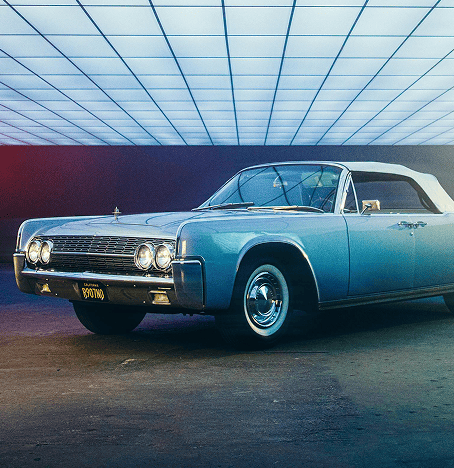Why Do I Fart So Much? Understanding Excessive Flatulence

Farting (quiet honestly we cannot believewe are actually discussing this) or flatulence is a completely natural bodily process. In reality, the average person breaks wind anywhere from 13 to 21 times per day. But if you're farting more often than is really convenient for you, you might wonder what's causing it and whether it's a symptom of a larger problem. Gas can certainly beembarrassing and uncomfortable, but in almost all cases, it's not cause for serious medical concern. Many factors, from what you eat to the state of your digestive health, can contribute to increased gas production. Getting to the bottom of what's behind these “gassers”can help you keep it under control, or even prevent it.
1. What Causes Frequent Farting?
Diet is one of the most frequent causes of extreme flatulence. There are some foods that are known to create gas when they're broken down in the digestive system. Beans, lentils, broccoli, cabbage, onions and carbonated beverages all are notoriously guilty. These are food high in fiber or complex carbohydrates that the body cannot break down effectively. When the undigested fragments make it to the colon, bacteria in your gut ferment the material, generating gases such as hydrogen, carbon dioxide and methane, thereby boosting flatulence.
Lactose intolerance is another dietary factor. Too many people have too little of that enzyme, known as lactase, to digest dairy products. When lactose digests poorly, it ferments in the gut, leading to the formation of extra gas. If you experience bloating and gas after consuming milk, cheese or ice cream, then it might be lactose intolerance.
Drinking too much air, known as aerophagia, can also lead to persistent farting. This happens to you if you routinely eat too fast, chew gum frequently, apply carbonated drinks, or smoke. You can even swallow air while you're talking or eating, and that eventually needs to come up.
Digestive problems also lead to too much of passing gas. What we call IBS, SIBO, celiac, and gastroenteritis are all conditions in which normal digestion is interfered with, resulting in a higher amount of gas production.
2. How to Stop Farting So Much?
There are some dietary changes that you can make if your excessive flatulence is due to what you're eating. Writing down what you eat and then how much gas you develop is another way to help you determine which foods cause you gas. One way your digestive system might acclimate is if you slowly cut back on high-fiber or gas-producing foods and reintroduce them in smaller amounts. Lactose-free dairy or lactase pills punctured before consumption will help reduce the discomfort for those with lactose intolerance.
Chewing slowly and paying attention to what you eat can result in your swallowing less air, reducing gas. Eliminating carbonated beverages and gum-chewing can also be helpful. On top of all that, exercise stimulates digestion and moves gas through the intestines faster to reduce bloating and flatulence.
Consuming probiotics, which are in yogurt, kefir and supplements, may also help keep your gut microbiome in better balance between good and bad bacteria. This may also aid in digestion and eliminate excessive gas. Peppermint tea or even ginger decrease gas as well.
3. When Should You See a Doctor?
Some gas is normal, but if you have chronic or very smelly gas, even if it's with a constellation of other gut symptoms, an investigation with a healthcare provider might be in order. Chronic bloating, not to mention sharp, abdominal pain, blood in your stool or changes to your stool, could be a sign of a more serious digestive disorder. Medical causes of bloating conditions like Irritable Bowel Syndrome (IBS), Inflammatory Bowel Disease (IBD) or food intolerance will need a professional diagnosis and medical treatment.
In short, everyone gets gassy, it's a normal byproduct of digestion, and even if you're too mortified to discuss gas, it's good to know what the different culprits are so you can eventually find relief or at least be slightly more at ease. But if the symptom is persistent or gets worse, a visit to the doctor will likely verify that there's nothing else to worry about.
 Disclaimer:
Disclaimer:
The content provided on our blog site traverses numerous categories, offering readers valuable and practical information. Readers can use the editorial team’s research and data to gain more insights into their topics of interest. However, they are requested not to treat the articles as conclusive. The website team cannot be held responsible for differences in data or inaccuracies found across other platforms. Please also note that the site might also miss out on various schemes and offers available that the readers may find more beneficial than the ones we cover.
Related Websites
-
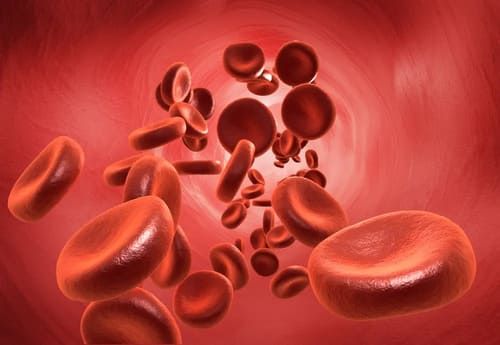 Health & Wellness
Health & WellnessHemophilia: The Royal Disease and Modern Management
Hemophilia is a rare disease that runs in the genes, causing the body to fail to form clots and causing long-lasting bleeds.The more severe the hemophilia is, the bigger a problem these factors become.But in fact, it refers to a lack of certain coagulation factors: special kinds of proteins which are essential for our blood's ability to clot. Because it ran rife in the courts and royal houses throughout Europe, hemophilia is also known as "the royal disease." -
 Travel
TravelYour Ultimate Guide to Renting the Perfect Florida Vacation Home
Dreaming of a Florida getaway? The typical hotel room can often be trade out a for fantastic private vacation home. Allow me to stretch your travel budget even more as many private homes offer you endless opportunities that the traditional hotel just cannot, like several bedrooms for friends and family, big living spaces full kitchens outdoor space, in many cases you get swimming pools. They include beachy condos on the Gulf Coast, roomy villas with private pools near Orlando’s theme parks and elsewhere.But if you want to find an ideal residency in Florida, you need some hints. Here are the factors you need to pay attention to when you choose ideal renting in Florida -
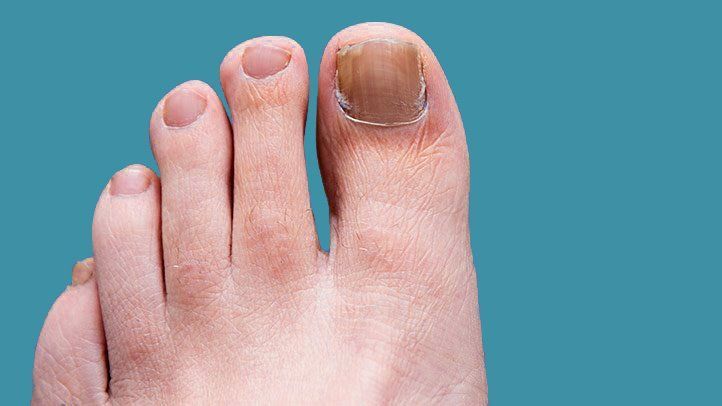 Health & Wellness
Health & WellnessConquering the Fungus: A Guide to Effective Toenail Treatment
Onychomycosis, commonly known as toenail fungus, is a common condition that affects countless people globally. Such condition starts with a small white or yellowish flare beneath the end of the nail and gradually leads to an entire discoloration of the and crumbled texture; In some cases, left untreated for any length of time, it can become painful just from the pressure caused when wearing shoes or standing up to walk somewhere. These days, expert opinion would usually consider such cases as only minor annoyances but of course if no care at all is taken they can actually end up damaging your nails permanently! Fortunately, there are numerous treatment options available today--ranging from natural remedies such as rubbing vinegar on an infected area all the way through to cutting-edge medical procedures.
Featured Articles
-
 Travel
TravelComprehensive Plans for Your Dream Vacation to Disneyland California
-
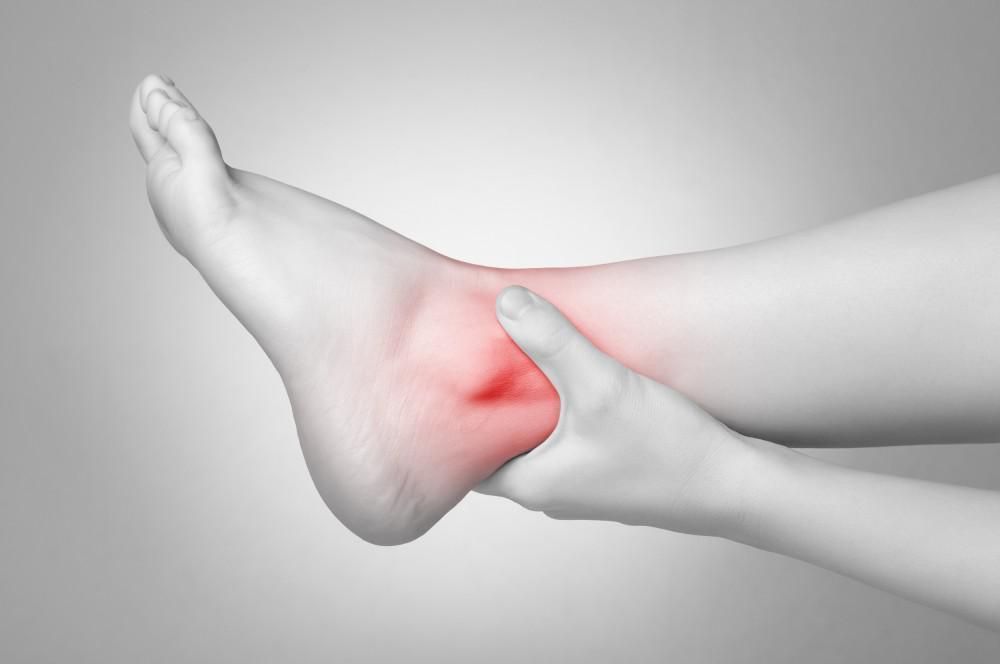 Health & Wellness
Health & WellnessMeasures to Relieve Ankle Swelling
-
 Automotive
AutomotiveTips to Know Before Buying a Car
-
 Home & Garden
Home & GardenAll-Round Excellence of Saatva Mattress
-
 Health & Wellness
Health & WellnessHow Eating High-Fiber Foods Could Transform Your Life
-
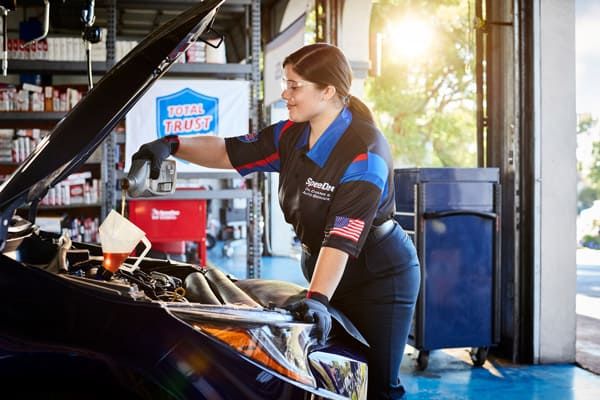 Automotive
AutomotiveWhy Choose SpeeDee Oil for Your Vehicle?
-
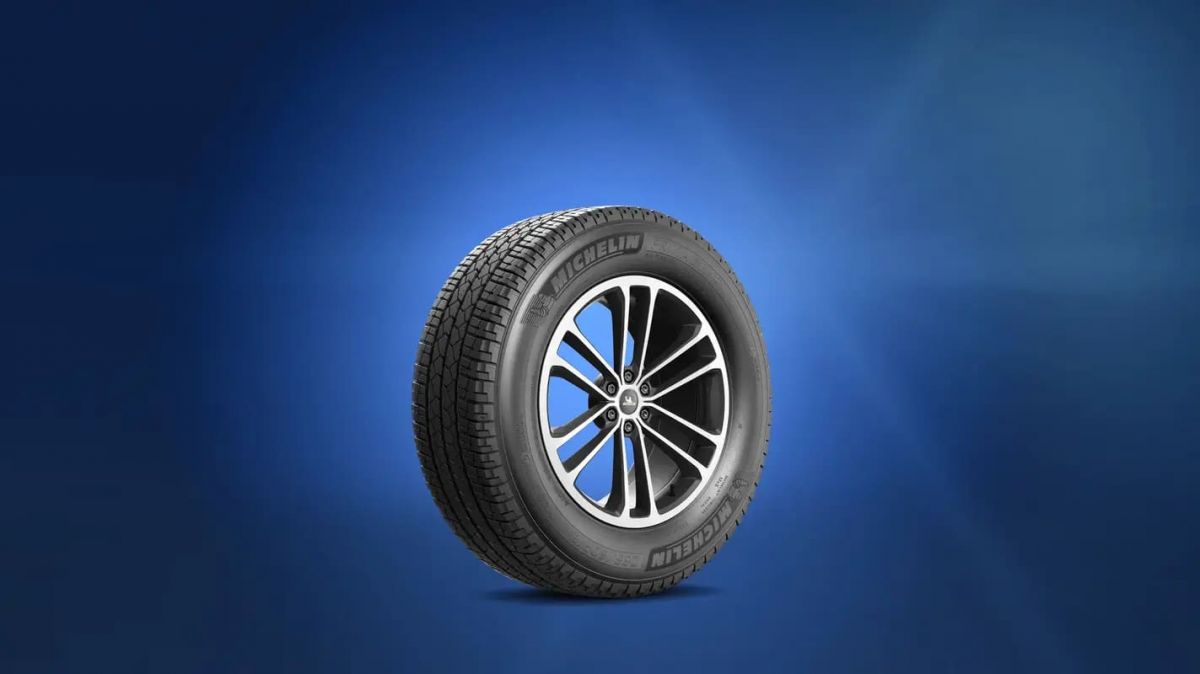 Automotive
AutomotiveWhy Are Michelin Tires So Salable?
-
 Home & Garden
Home & GardenTuf Paper Towels: Strength, Absorbency, and Reliability for Every Home




